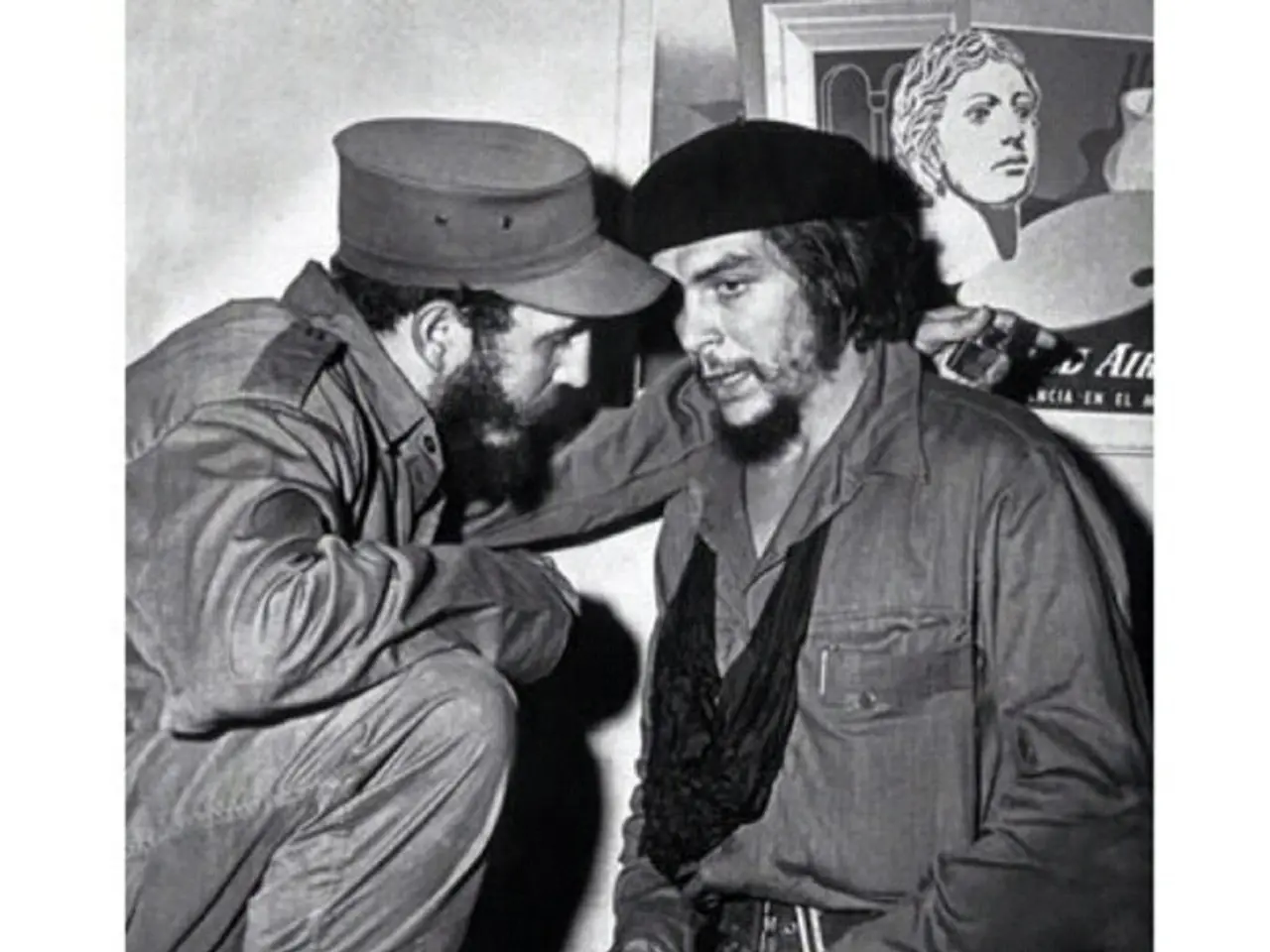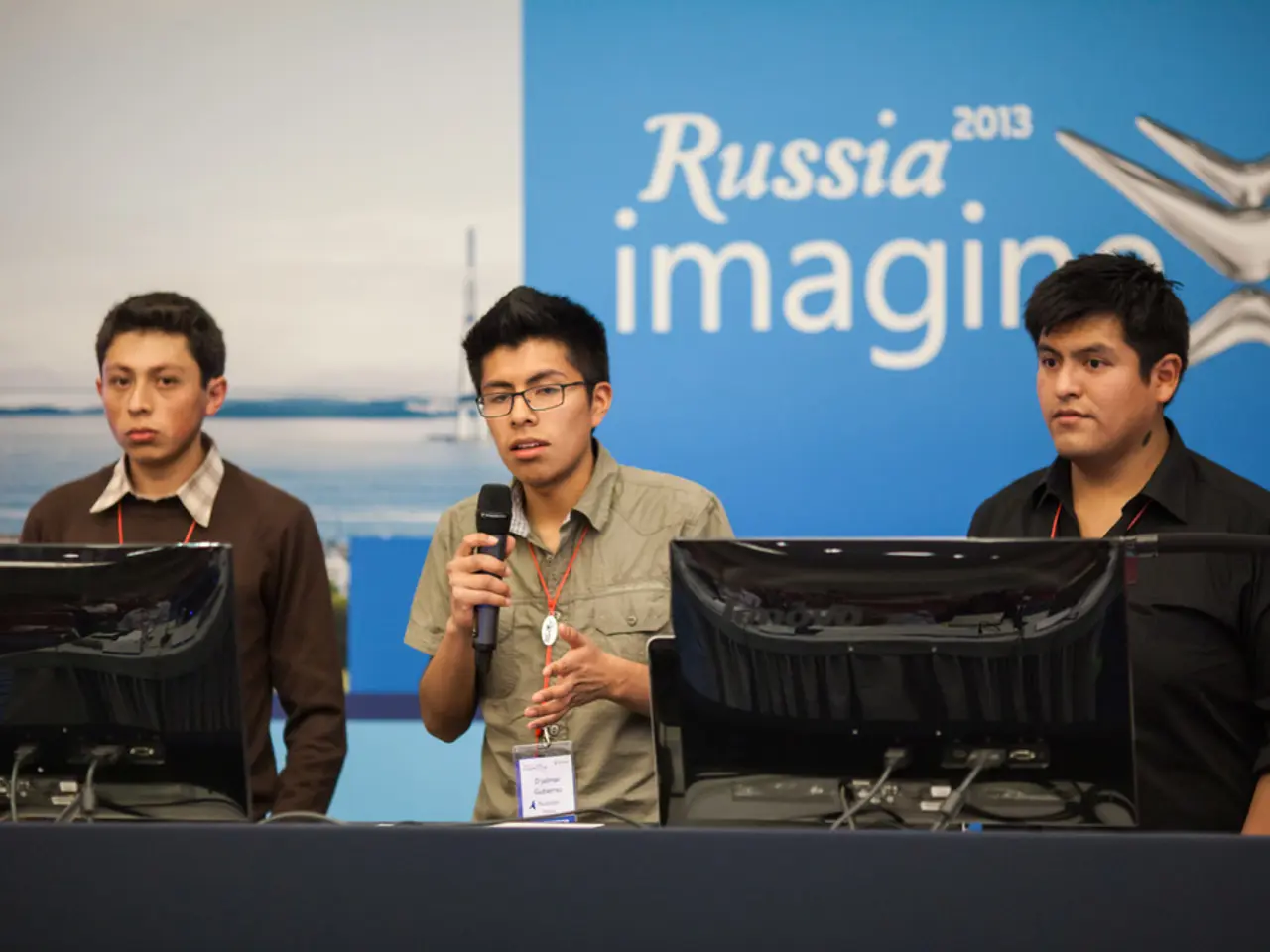International Trade Dispute: India Is Struggling Amidst Trump's Aggressive Diplomacy
In a move that has escalated tensions and strained bilateral relations, President Donald Trump announced a 25% tariff on all Indian imports, effective from August 1. This decision has negatively affected key Indian export sectors and potentially destabilized defense cooperation and the shared Indo-Pacific strategy between the two countries.
The tariff imposition may partly relate to frustration over India's continued closeness with Russia, India's stalled trade talks with the US, and its membership in the BRICS group, which the US views as anti-American. However, India has shown willingness to negotiate a mutually beneficial bilateral trade agreement with the US, aiming to increase bilateral trade substantially by 2030.
India's trade relationship with the US significantly impacts its diplomatic relations, particularly concerning Russia and the Ukraine conflict. India maintains robust trade and defense ties with Russia, despite US pressure to distance itself from Moscow. India prioritizes energy security and defense needs and refuses to sever ties with Russia, defending its position by highlighting similar ongoing European dealings with Moscow.
The US tariffs reflect the strain in US-India trade relations, influenced by India's pragmatic stance towards Russia during the Ukraine conflict. This dynamic complicates India's diplomatic positioning as it seeks to secure its national interests via diversified partnerships without fully aligning with US sanctions or Western pressure concerning Russia.
Meanwhile, the US has resumed weapons supply to Ukraine, signaling a transition in its stance towards Russia. Trump's remarks indicate resentment towards India for not opening its markets to meet his expectations. Reports suggest a stumbling block in opening markets is India's resistance to opening the agriculture and dairy sectors, and barring the entry of genetically modified crops or oils.
On the other hand, the US has signed trade deals with various countries, including the European Union, South Korea, and several Asian nations. The EU has committed to buying $750 billion of US energy over three years and investing $600 billion in the US. However, these arrangements lack details or implementation mechanisms.
In conclusion, India's growing economic and defense partnerships with both the US and Russia create diplomatic complexities. As negotiations continue, it remains to be seen how India will balance its economic ties while maintaining its strategic autonomy in a world transitioning to new trading, investment, and strategic paradigms.
The escalated tariff imposition by President Trump on Indian imports, rooted in India's ongoing ties with Russia and its positions within the BRICS group, can be seen as a political move that is part of war-and-conflicts and policy-and-legislation, given its potential impact on bilateral relations and shared Indo-Pacific strategy. This situation, involving politics and general news, highlights India's effort to navigate complex diplomatic waters, balancing its economic ties with the US while maintaining strategic autonomy, especially with regards to its defense and energy security interests with Russia.








